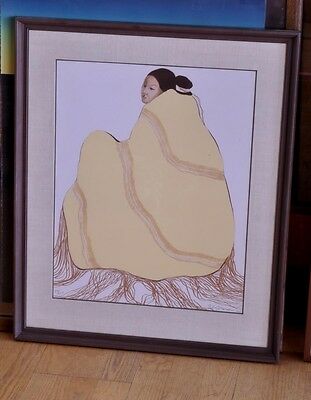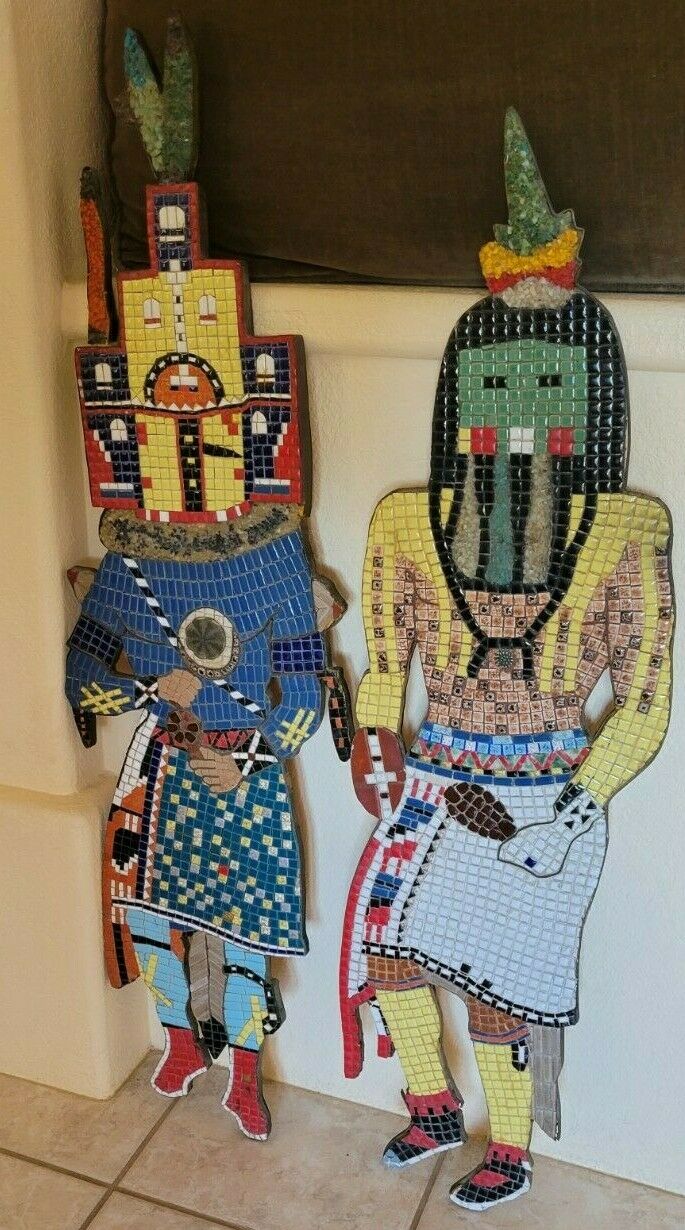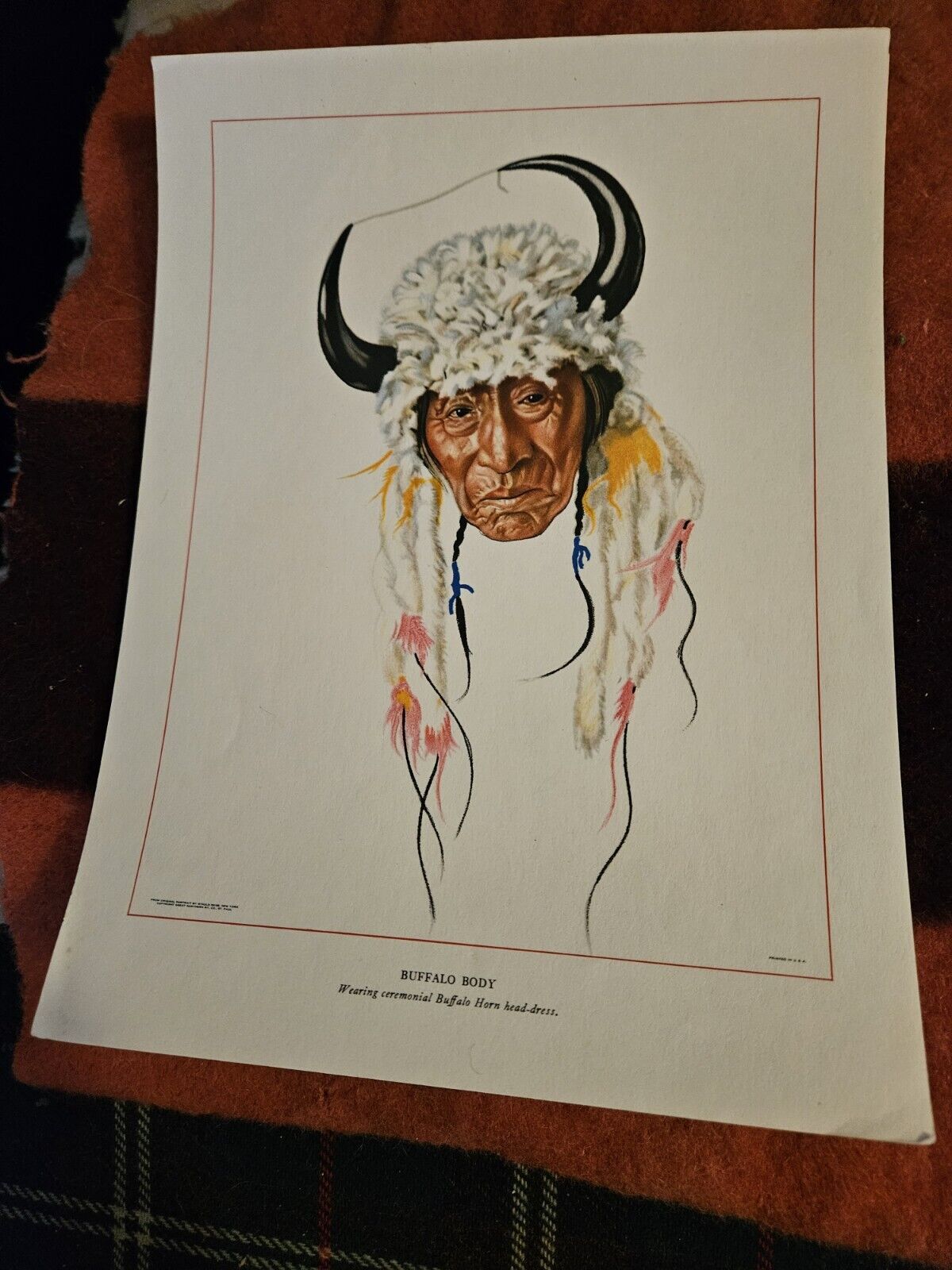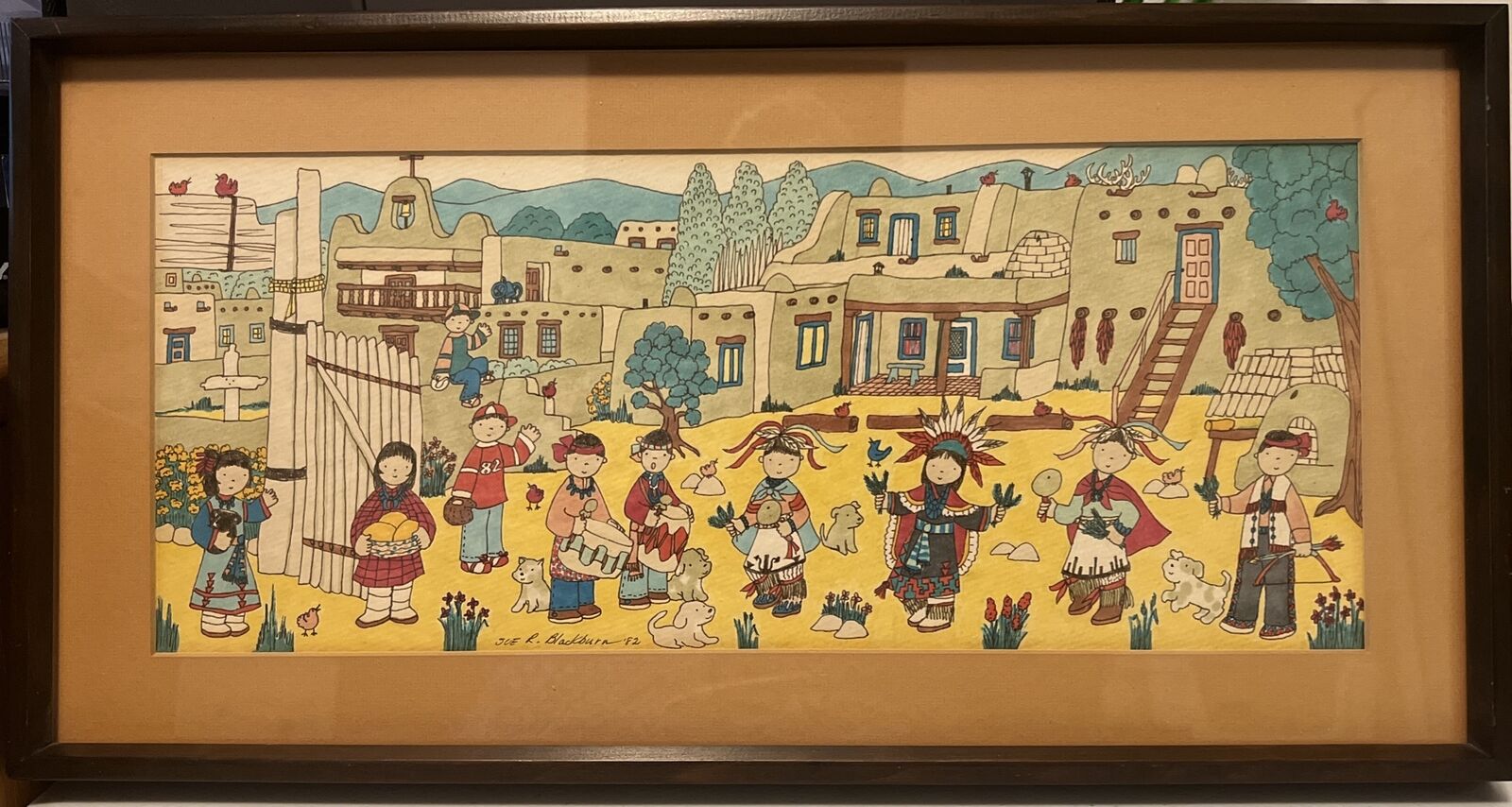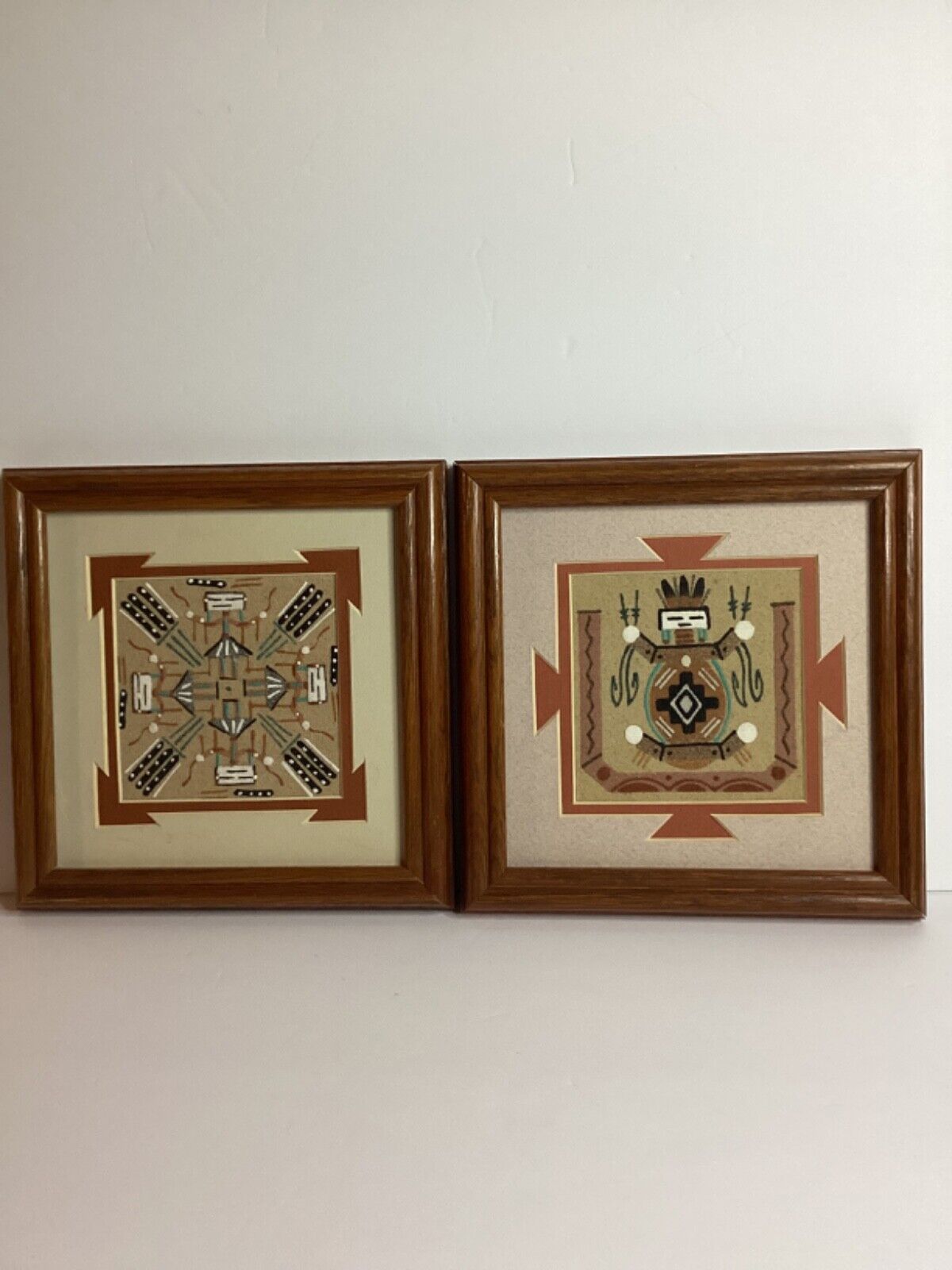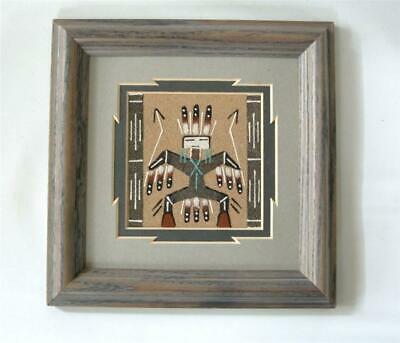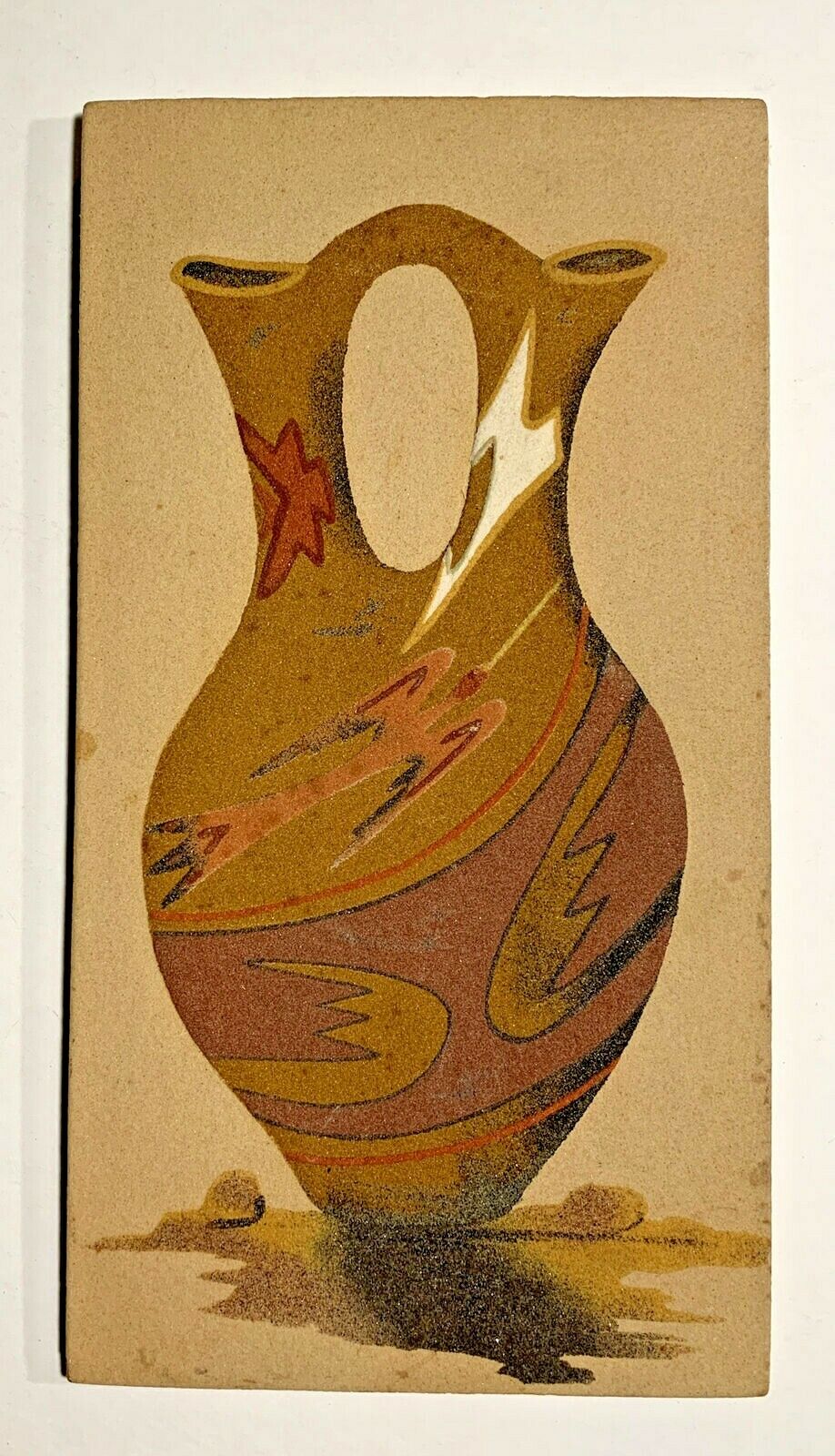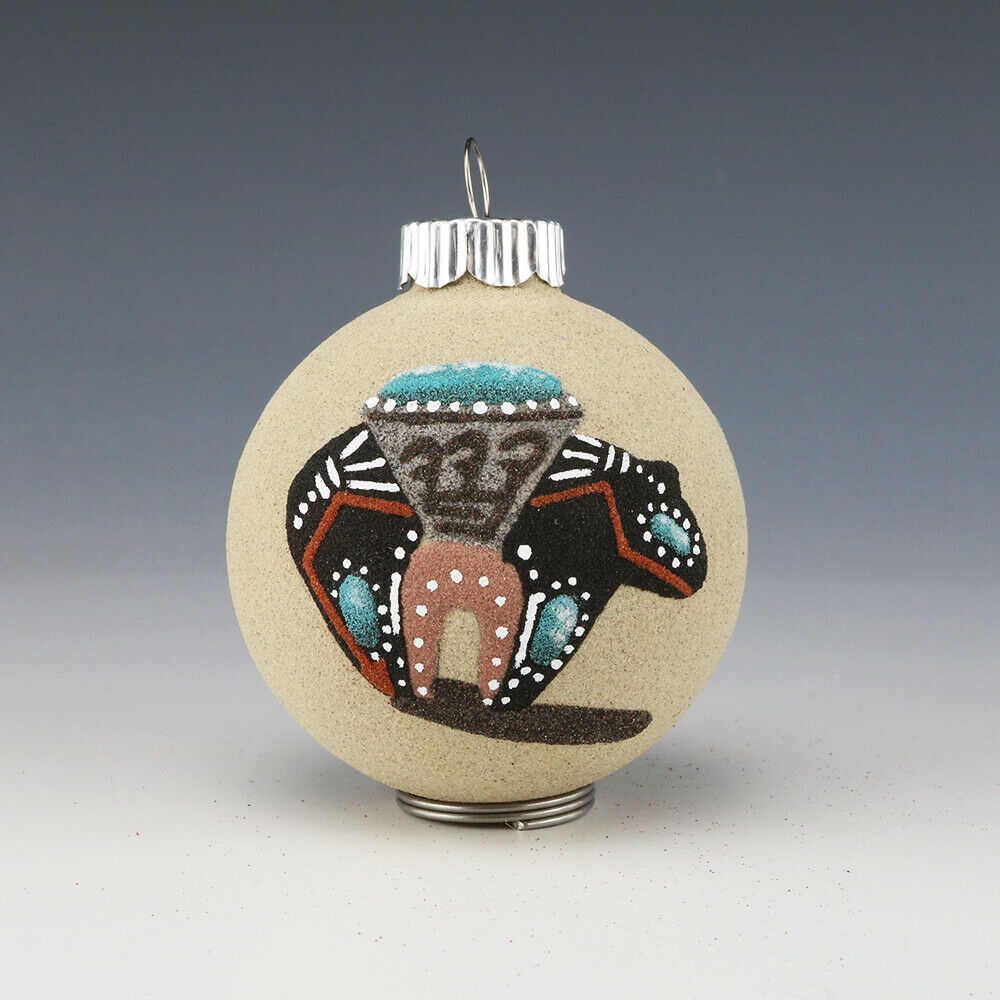-40%
Harrison Begay, Framed Silkscreen print- Navajo Boy with Donkey
$ 39.6
- Description
- Size Guide
Description
This charming, framed print dates from the 1950's. The young Navajo boy had just caught his donkey foal and is about to put a lead rope about its neck. Silkscreened with delicate shades of apricot, pale yellow, blue, green, grey, white, black and sandy brown. Framed in white with turquoise trim, it measures 10" x 10". The inner edges of the matte is 5 1/4" x 6".Harrison Begay (1917 - 2012), born Haskay Yahne Yah, & ”Warrior Who Walked Up to His Enemy” or “The Wandering Boy,” was a well-known Navajo artist who specialized in watercolor paintings and silk-screen prints. He is best known for his scenes of traditional Navajo life. Begay was born in White Cone, near Keams Canyon, Arizona. He spent his early years with his family in a hogan, where he was raised tending goats and sheep, and speaking only the traditional Navajo language, Diné. In 1934 he began attending the Santa Fe Indian School where he became a prominent student in Dorothy Dunn’s Studio School. Dunn was well-known for teaching her students “flat-style painting,” using flat fields of color outlined in black. During the Depression, he worked for the Work’s Program Administration (WPA) painting public murals.
In 1940 Begay enrolled at Black Mountain College to study architecture on a scholarship from the Indian Commission, before returning to Arizona to study at the Phoenix Junior College. Begay served for three years in the U.S. Army during World War II, traveling to Europe and Iceland. In 1946, he received a purchase award at the first annual Indian painting competition at the Philbrook Museum of Art, which was one of the earliest programs dedicated to promoting Native American fine art. Begay went on to win many awards during his long career as an artist, among them: the Native American Master’s Award from the Heard Museum, the Lifetime Achievement Award from the Southwestern Association for Indian Arts, and the Palmes d’Academiques from the French government. During the 1950s, Begay and other Native American artists founded Tewa Enterprises in Santa Fe, New Mexico, one of the first Native-owned art
reproduction businesses. In 1997, Begay was named an Arizona Indian Living Treasure for his many contributions to traditional Navajo cultural arts.




